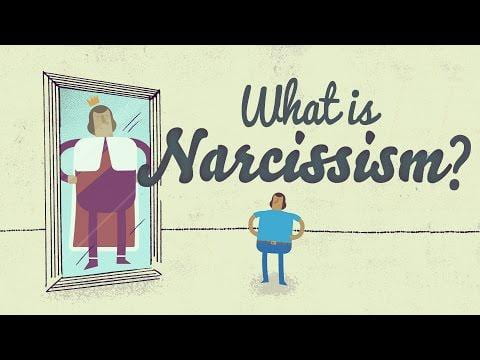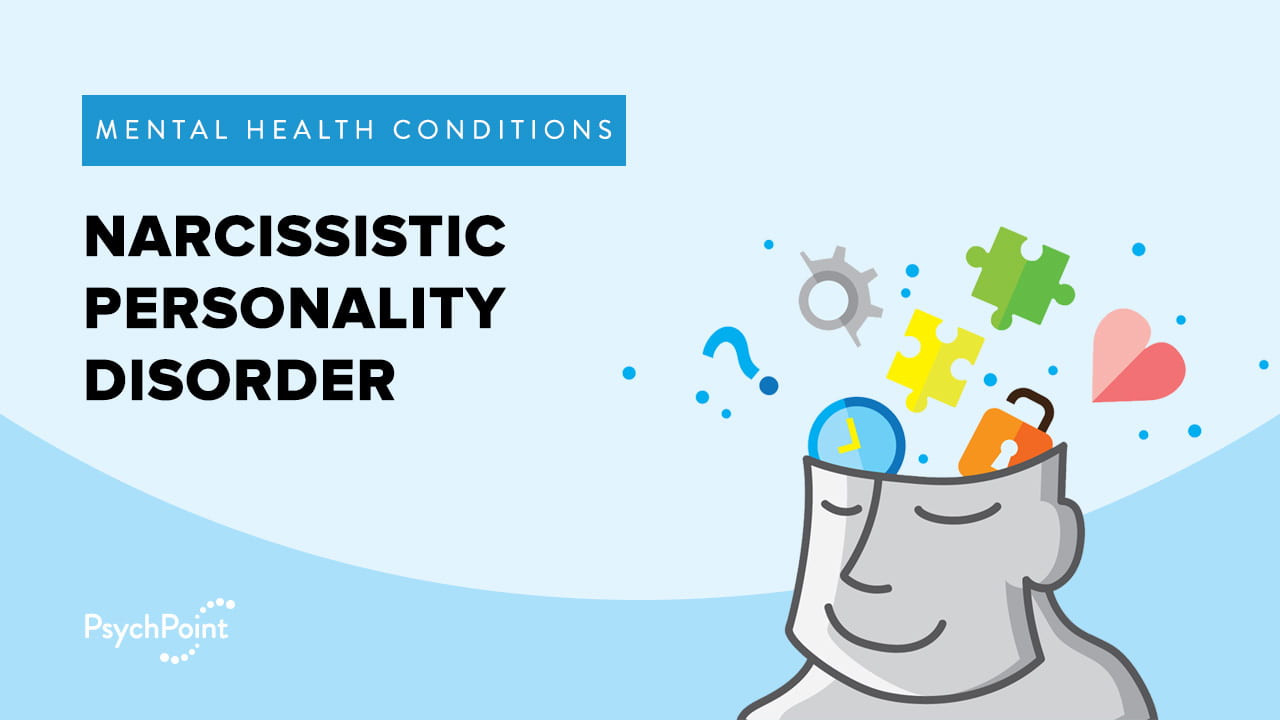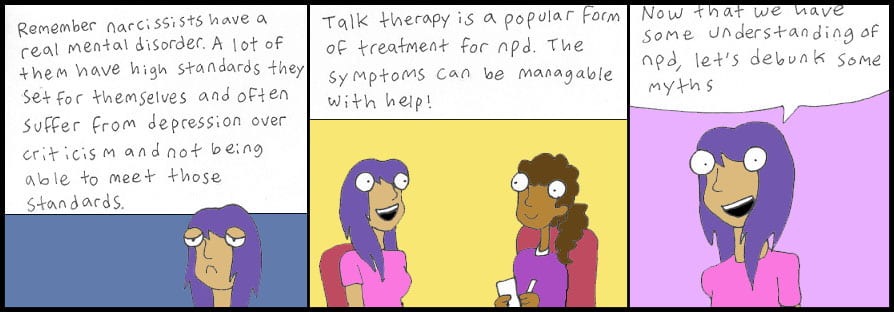On multiple crime-based TV shows, the term “narcissist” is often used to refer to criminals who display psychopathic/sociopathic tendencies. In everyday life, “narcissist” is defined as being vain or thinking too highly of oneself. However, narcissistic personality disorder (NPD) is an actual psychological diagnosis that occurs more often than people think.

Displaying confidence in oneself is not what characterizes NPD. Instead, just like other personality disorders, NPD has many symptoms that have to be met in order for a diagnosis to be made. These symptoms include an exaggerated sense of self-importance, a sense of entitlement that requires constant admiration, an expectation of special favors and unquestioning compliance with one’s expectations, appearing very arrogant or haughty, and intense difficulty with handling criticism. These are only a few out of the list of symptoms from MayoClinic.org. For the whole list, click here.

The above symptoms seem to immediately deter people from sympathizing with those that suffer from NPD, but in my opinion, it should push people to increase support for mental health disorders as a whole. Because, just like any of the other personality orders, NPD is often subconscious or hidden to a point that even a “narcissist” may not notice their symptoms. People with NPD, especially, have trouble handling anything they perceive to be criticism, so they are less likely to reach out for guidance or help of any kind.

From my personal experience with people incredibly close to me that have been diagnosed with NPD, their pain is incredibly prominent. They often have significant interpersonal problems, have difficulty regulating emotions and behavior, often feel depressed or moody because they fall short of perfection, and have secret feelings of insecurity, shame, vulnerability, and humiliation. Although their behavior may result in rude acts or requests that seem outrageous or impossible to fulfill, it all stems from the pain they feel from within. Imagine someone who truly believes in perfection and the possibility of personally reaching perfection, but not being able to because perfection is impossible. The confusion, frustration, and pain that stems from living everyday life and simply experiencing “normal” human things like rejection, mean remarks, receiving a B instead of an A on a midterm, etc. tears those with NPD apart.

Those who develop NPD often grew up with unpredictable and/or negligent parents and experienced excessive criticism, abuse, trauma, or extremely high expectations. Alongside these environmental factors, there is also a genetic factor to the disorder as well. This means that one can have high risk factors already coded into their genetics that increase the likelihood of developing NPD. Paired with an emotionally unhealthy childhood then leads to an incredibly high possibility of developing personality disorders, one of these being NPD.

If you want to keep up with me through social media, my links are:
Instagram: @joannaqluvsu
Twitter: @joannaqluvsu
Make sure to subscribe to get a notification every time I post 🙂
